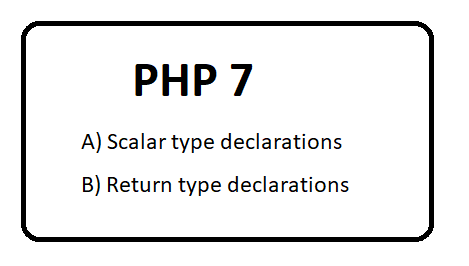Question: What is Elastic Beanstalk in AWS?
AWS Elastic Beanstalk is End-to-end web application management.
Question: Can we use Elastic beanstalk to deploy the web application which is made in Node OR PHP?
Yes, AWS Elastic Beanstalk is service for deploying and scaling web applications and services developed with Java, .NET, PHP, Node.js, Python, Ruby, Go, and Docker on familiar servers such as Apache, Nginx, Passenger, and IIS.
Question: How does works Elastic Beanstalk?
You simply upload your code and Elastic Beanstalk automatically handles the deployment, from capacity provisioning, load balancing, and automatic scaling to web application health monitoring, with ongoing fully managed patch and security updates.
What are Benefits and features of Elastic Beanstalk?
- Easy to get started
Elastic Beanstalk is the simplest way to deploy and run your web application on AWS. - Complete resource control
You have the freedom to select the AWS resources, such as Amazon EC2 instance types, that are optimal for your web application. - Fully managed: update your web application with the latest platform security and patch updates.
- Automatic application health monitoring
Elastic Beanstalk automatically collects more than 40 key metrics and attributes to determine the health of your web application
Question: What Language Supported by Elastic Beanstalk
- Go
- Java SE
- Java with Tomcat
- NET on Windows Server with IIS
- Node.js
- PHP
- Python
- Ruby
- Packer Builder
Question: How is AWS CloudFormation different from AWS Elastic Beanstalk?
AWS CloudFormation helps you provision and describe all of the infrastructure resources that are present in your cloud environment. On the other hand, AWS Elastic Beanstalk provides an environment that makes it easy to deploy and run applications in the cloud.
AWS CloudFormation supports the infrastructure needs of various types of applications, like legacy applications and existing enterprise applications. On the other hand, AWS Elastic Beanstalk is combined with the developer tools to help you manage the lifecycle of your applications.
Question: Who should use AWS Elastic Beanstalk?
Those who want to deploy and manage their applications within minutes in the AWS Cloud. You don’t need experience with cloud computing to get started. AWS Elastic Beanstalk supports Java, .NET, PHP, Node.js, Python, Ruby, Go, and Docker web applications.

